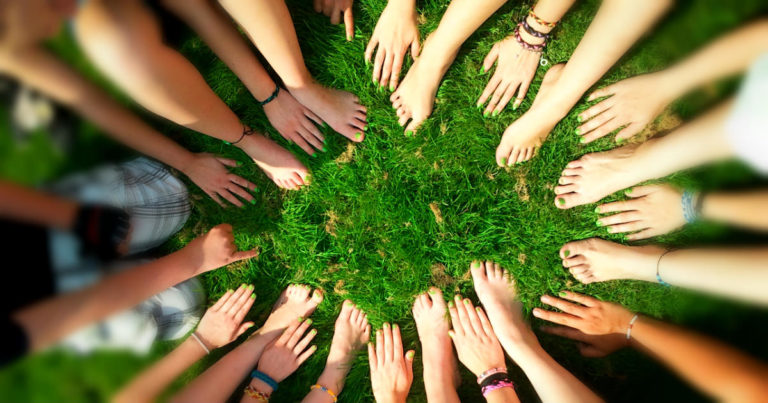There has never been so much talk about washing hands. In large cities, this act may seem routine, but in many parts of the world, it is a true luxury. The reality in poor communities reveals that many people do not have access to basic hygiene products, such as soap. Therefore, recycling soap plays a crucial role in improving health and helping needy communities.

The Importance for Health
Lack of proper hygiene in underdeveloped countries results in the loss of countless lives, especially among children. The solution to many health problems is simple: washing your hands. A study published by the NGO Global Soap Project highlighted that the use of soap can reduce diarrheal diseases by half and respiratory infections by a quarter. This evidence shows how washing hands with soap is an effective practice in saving lives.
Access to soap is essential to preventing disease. Despite its importance, handwashing remains one of the most neglected hygiene practices. In areas where poverty is extreme, soap can have a more significant impact on health than vaccines or medicines.
Global Handwashing Day
Global Handwashing Day, celebrated on October 15, highlights the importance of handwashing. It conveys the message that soap is a simple, effective and affordable way to prevent disease. Organizations such as Amref Health Africa are participating in this celebration, reinforcing the need for improved hygiene to reduce deaths caused by diseases related to lack of access to soap.
Every year, more than 3.5 million children under the age of five die from diarrhoea and acute infections. Most of these deaths occur in sub-Saharan Africa and South Asia. Improvements in hygiene, such as handwashing, could prevent many of these deaths.
How Recycling Soap Can Help
The Global Soap Project plays a key role in recycling soap. The organization collects leftover soap from hotels around the world and turns it into new bars. This process not only removes impurities from the soaps, but also makes them available to communities in need.
In the United States, two million bars of soap are discarded every day. The Global Soap Project helps transform this waste into reusable soaps, which are then sent to areas in need. Although the NGO does not operate in Brazil, there are ways to replicate this effort locally.

How to Recycle at Home
You can also help recycle soap in your own city or even at home. It is possible to transform used soap into new products through simple methods. Bringing people together and forming groups on social networks can help promote this practice.
On the website Arte Reciclada, you will find three step-by-step techniques for reusing used soaps. These techniques are affordable and allow you to do your part in improving hygiene conditions in underserved communities.
The Importance of Reducing and Reusing
Recycling is an important practice, but it must be accompanied by efforts to reduce and reuse. The concept of “reduce, reuse and recycle” must be applied to ensure effective resource conservation and health promotion. By reducing consumption and reusing materials whenever possible, you contribute to a healthier environment and to improving the living conditions of people in vulnerable situations.
Recycling not only helps minimize waste, but it also plays a vital role in improving global health. By supporting soap recycling and promoting proper hygiene practices, you can help save lives and create a more sustainable world. Apply these practices to your life and encourage others to do the same to contribute to a healthier environment and a better life for all.
Check out other interesting facts about recycling clicking here.
Learn how to make art by recycling, Click here.




Really, good tip, very good!!!. I liked it!!!
Fantastic!
What a beautiful article, congratulations
Can expired soaps be recycled?
Yes, Marcio. See that in the recipe prepared in https://www.artereciclada.com.br/passo-a-passo/arte-reciclada-reciclando-sabonete the ingredients “renew” used or expired soaps.
Make the recipe and tell us how it turned out!